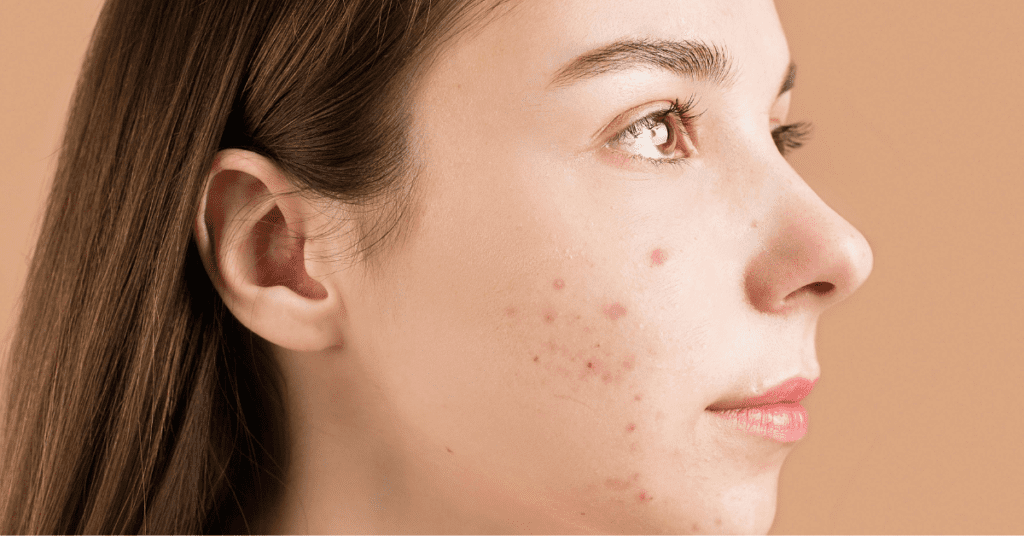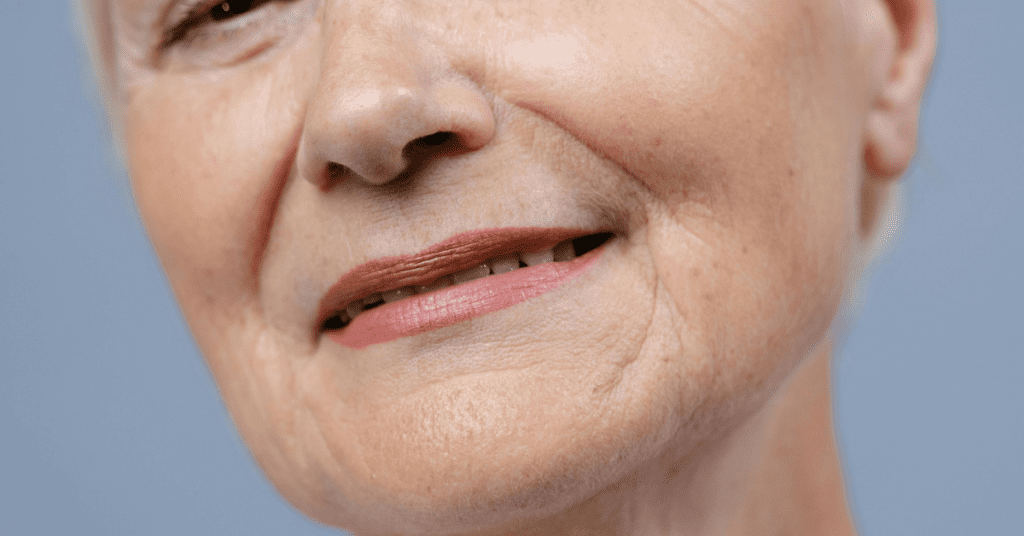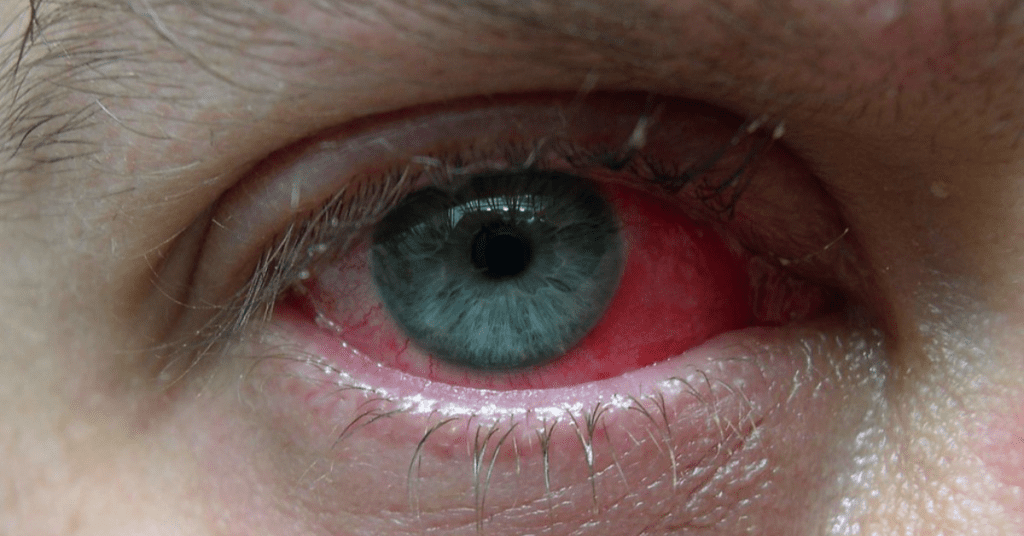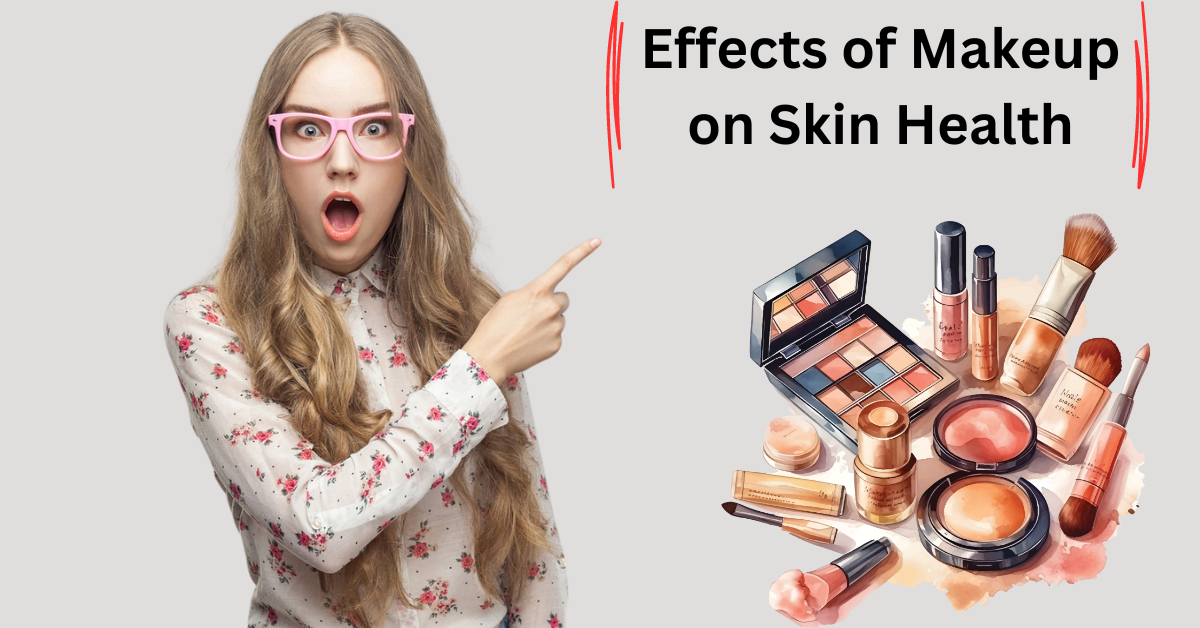While makeup helps to make you look attractive, one should also know that it can cause side effects on your skin as well. Makeup, no doubt boosts your confidence level and can point out the strangers or features in an individual but if not applied correctly without proper knowledge may end up with a few skin conditions.
This article discusses the effects of makeup on skin health and provides information on how to take care of your skin moreover some tips to avoid the side effects of makeup have been discussed at the end.
Table of Contents
Side Effects of Makeup
Here are a few of the side effects of what makeup can do to your skin:
✪ Allergic Reactions and Irritation:
Allergic reactions are very common for makeup. Fragrances, preservatives, and dyes present in makeup might be natural triggers for some people. Such ingredients when they meet the skin could make it red, itch or sometimes turn into painful rashes. If you encounter any of these symptoms after using a new product, it is highly recommended that the use be discontinued, and may consult to dermatologist.
✪ Clogged Pores and Acne:

The bottom line: We wear makeup to make our skin look the best; unfortunately, heavy foundations and powders clog up pores even more when not properly removed. Bacteria thrive in clogged pores, which will ultimately cause you to break out. Most of the irritation complaints pertain to people with oily/acne skin. By taking off your makeup properly every night, and also by ensuring the products you use on your face are non-comedogenic (non-pore-clogging).
✪ Dryness and Flakiness:
Most makeup can leave the skin looking matte but also dry, getting rid of all the essential natural oils. It is a very common scenario for matte foundation or setting powder that is meant to keep oil at bay yet can be unfriendly to those with dry and sensitive skin. That being said, good moisturizers before make-up or selecting hydrating formulas could promote the active hydration needed.
✪ Hyperpigmentation and Uneven Tone:
You can feel hyperpigmentation as the skin darkens in certain areas and this happens when you wear makeup for hours or use products that contain harsh chemicals. This lesser-known pigmentation problem can leave your complexion looking uneven and blotchy. Sun can make hyperpigmentation worse, which is why you should always apply sunscreen even if your foundation has SPF.
✪ Premature Aging:

Your makeup may be aging your skin because of the ingredients in it. For instance, some preservatives and fragrances have the potential to trigger oxidative stress, which is detrimental to your skin as it helps in breaking down collagen and elastin — two proteins that are known to maintain the firmness of a youthful-looking face. Over time, this can lead to lines and wrinkles as well as sagging skin.
✪ Dehydration of the Skin:
A lot of makeup products, especially those with alcohol or talc that can be drying to the skin may end up over time taking your natural hydration. Dehydration occurs when the skin is no longer able to hold in water, and this happens as a result of damage to your moisture barrier. Characterized by the constant feeling of tightness or discomfort, accompanied by flaking and rough texture. It can also increase the appearance of fine lines and wrinkles, making your skin look older than it should.
✪ Eye Irritation and Infections:

The skin around your eyes is incredibly delicate and using eye makeup can sometimes cause that irritation and then contribute to infections. The most common things that can introduce bacteria to the eye area are your mascara, eyeliner, and eyeshadow especially if these products have not been replaced for some time. Using other people’s eye makeup can also lead to an increased chance of infections like Conjunctivitis (better known as ‘pink eye’). Do not dirty your eyes with all that filth and bacteria — make sure to never use expired eye makeup. attribute.
✪ Impact on Skin’s Barrier:
Using too much or heavy makeup regularly will disrupt your skin’s natural barrier. This barrier is essential for protecting your skin from external damage as well as locking in that hydration. If it is compromised your skin will become more sensitized, dehydrated, and irritated. Take short breaks from the use of makeup, application, and regular beliefs skin care products won’t apply thanks as only natural skin oils will keep after help but regularly guarantee urgent protection for your pores.
✪ Long-Term Effects:
Such actions can permanently scar your skin, as improper application of makeup (or removal) over the long term is extremely harmful! If you do not effectively wash your face after makeup application; acne can be more long-term and hard to rid of, due to an infinite clog from product build-up with oil/bacteria. This constant irritation can result in the skin becoming inflamed, causing more permanent redness and pimples that are much harder to clear up. Not to mention, if your skin is dehydrated and flakiness with any rough texture or sensitive dryness you will not be having a great time without removing makeup properly.
Tips to Avoid Side Effects
If you still want to wear makeup, but do not wish for it to harm your skin, follow these tips:
- Choose quality products: Pick out the Best Makeup Which is free from harsh chemical substances and in keeping with your pores and skin requirements.
- Patch test new products: Always do a patch test before using any makeup product on your face. Apply a small quantity of the same (1 or 2 drops) to an area like under the wrist or behind the ear and leave it for 12-24 hours to check if you have any allergic reaction > If yes, stop that cosmetic immediately > Otherwise use it with confidence!
- Remove makeup properly: The trick is to gently clean off makeup completely with a good-for-skin gentle make-up remover first, restyle or smooth up your hairstyle and then rinse skin twice (once isn’t enough) using Cleanser.
- Moisturize: Keep skin hydrated to avoid dry, flaky patches.
- Take breaks: Switch off from wearing make-up sometimes so that your skin can get some time to refresh.
If you follow these tips, we will be spared (as much as possible) the side effects of our mutes and healthy skin.
Conclusion
Yes, makeup can simply help you look better and feel more self-confident but at the same time using it in large amounts is unhealthy for your skin. It has a lot to answer for – from allergic reactions, acne, and up to premature aging or chronic skin damage. But selecting quality products, following good skincare habits, and allowing skin to breathe can help you enjoy the advantages of makeup without taking a toll. Skin is the base upon which foundation comes, thus it should be given priority.
Read More: Effective Night time Skincare Routine for Glowing Skin
FAQS
Is it better to not wear makeup?
You can opt to not wear makeup as doing so is better for your skin, avoiding the risk of irritation and clogged pores. But if you like putting on makeup, use good products for it and take care of your skin properly.
Which makeup is safe for the skin?
A non-comedogenic, hypoallergenic makeup that is free of harsh chemicals will help keep your skin safe. Search for Natural or Sensitive Products.
Can we wear makeup daily?
Wearing makeup daily is OK, provided you use products that are a good match for your skin and follow a solid skincare routine (which includes proper removal of makeup as well as hydration).
Is makeup really important?
Not everyone feels they need makeup, whether it is for personal expression or added confidence. Of course, the role is more pronounced depending on personal needs and cultural/professional settings.

